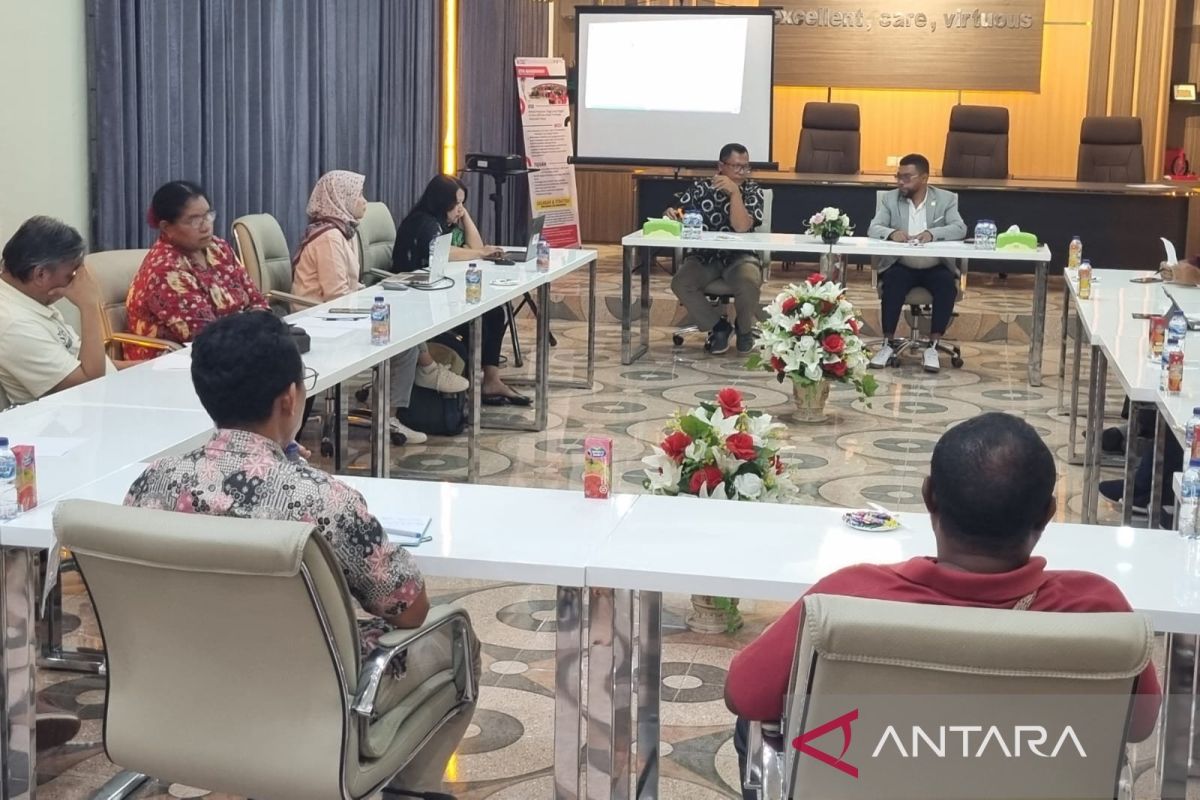Headline: Papua’s Autonomy Funds Aim to Enhance Indigenous Health Services
Manokwari, W Papua – In a significant declaration, Filep Wamafma, Chair of Committee III of the Regional Representatives Council (DPD), emphasized the critical importance of utilizing Papua’s special autonomy funds to safeguard the health of Indigenous Papuans. Speaking in Manokwari on Friday, Wamafma called for regional governments to ensure that appropriate healthcare services are available in all health facilities across West Papua.
The implementation of Papua’s Special Autonomy Law serves as a beacon of hope, mandating significant financial commitment by local governments to seek improved health outcomes for Indigenous populations. Under this law, provincial, district, and city-level administrations are required to allocate at least 20 percent of their regional budgets to the healthcare sector.
Striving for Equitable Healthcare Access
"Every Indigenous Papuan must have the right to access free health services, particularly those who lack the financial means," Wamafma asserted. He highlighted the potential pathways for supporting these individuals, such as the National Health Insurance (JKN) program or through affirmative action initiatives.
Wamafma elaborated on the need for the government to utilize special autonomy funds effectively: "For instance, if there are Indigenous Papuans not covered under BPJS Kesehatan (the JKN program), it is the government’s responsibility to ensure their protection through these allocated funds."
Collaboration is Key
To put the mandates of the Special Autonomy Law into effect, Wamafma insisted on the essential cooperation among various stakeholders, noting, “The synergy needed to realize this goal cannot be underestimated." He reiterated the role of the Regional Legislative Councils (DPRD) in overseeing the budget allocation, ensuring it meets the legal requirement of 20 percent. If this benchmark isn’t reached, the DPRD has a duty to advocate for increased funding.
While working towards these goals, Wamafma is actively gathering feedback from communities regarding healthcare challenges. The DPD is committed to urging regional governments to allocate their health budgets according to legal mandates and to liaise with relevant ministries to further the cause.
A Focused Approach for Health Improvement
Wamafma’s advocacy for equitable healthcare is more than just a legal obligation; it embodies a moral commitment to uplifting the health standards of Indigenous Papuans. Key provisions in the Special Autonomy Law aim to create an inclusive health system tailored to the unique needs of the Indigenous population, which has historically faced significant healthcare disparities.
This initiative is part of a broader narrative around optimizing Papua’s autonomy. The collective push towards compliance with the Special Autonomy Law signifies a turning point in health equity for Papuans. As the DPD works to highlight regional shortcomings and successes in health service implementation, the outlook for Indigenous health in Papua may become more optimistic.
Looking Ahead
The ongoing dialogue around health services underscores an urgent need to enhance the healthcare system within Papua. The commitment to ensuring that Indigenous communities receive appropriate care highlights a pivotal moment in regional governance, one that demands accountability and diligence from all stakeholders involved.
As Papua navigates through this critical juncture, the broader implications of such policies extend beyond health—they resonate with the fundamental rights of Indigenous populations throughout the region.
Readers are encouraged to stay informed and engaged with developments in health policy in Papua and consider the far-reaching effects of these decisions. Your thoughts on these initiatives are welcome; share your opinions in the comments below or connect with us on our social media channels.
For further exploration of related issues, check out articles on health equity initiatives and regional governance strategies: MPR seeks firm measures for optimizing Papua’s autonomy and Villages in Papua should ensure Village Fund management transparency.
This article provides a comprehensive overview of the recent directive issued by Filep Wamafma regarding healthcare for Indigenous Papuans and invites readers to engage with the topic actively.

